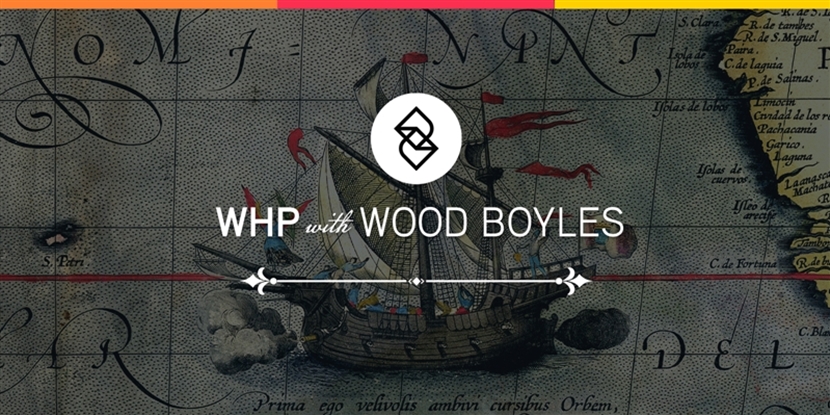You’ve probably noticed that the word “revolution” is loosely applied to just about any aspect of life that undergoes a big change. However, politics in the long nineteenth century certainly deserves this label.
Driving Question: What caused political revolutions of the long nineteenth century?
- One way of tracking change over the long nineteenth century is to look at the political revolutions that were one of the most obvious characteristics of the era. If these political revolutions shared something in common, it was that they sought to overturn a monarchy or authoritarian state. Those revolting wanted to replace these systems with some kind of electoral system in which a group of people could elect a government and also exercise some rights and liberties. In this video, we focus on the Atlantic revolutions—there are so many to choose from, and these are good examples of some of the liberal revolutions that occurred during this time.
Word of the Day: Ideal
- Definition: a principle or aim that is considered honorable; a standard of excellence.
- Ideals are often thought of as perfect, or something to put on a pedestal. Holding onto and fighting for ideals was in many ways the main cause of all of these political revolutions.
Lesson
- Go to Khan Academy and read “Ingredients for Revolution” in Lesson 6.1
- As you read, think about which cause for these revolutions was most important.
Historian’s Journal Prompt
- If there were a revolution today, where might it be and what might be some its causes?
- As we now know there were a ton of revolutions during this time period, but they all had different goals and sometimes took different forms. Some of them were revolutions of thought (like the Enlightenment) rather than political (a violent overthrow of a governing body). So, what kinds of revolutions, or major changes, could we see today?

